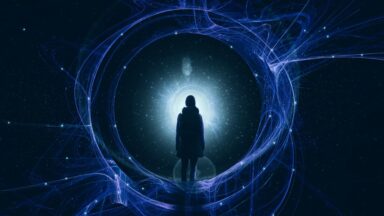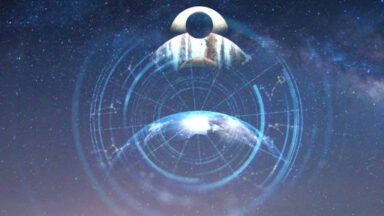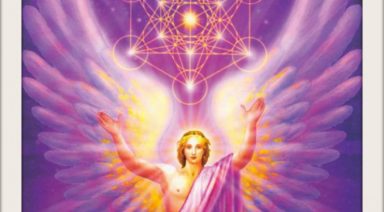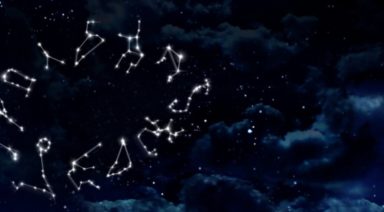Number of People Practicing Wicca, Paganism Growing Dramatically

The number of people who identify religiously as Wiccan has seen a meteoric rise in the United States, according to census data and a study conducted by Trinity College. Some attribute this witchy surge to an increased interest in astrology and the esoteric, while others say it’s clearly a sign of the times. Whatever the case may be, appropriation and corporate attempts to monetize the trend abound.
According to a study collected by Trinity College between 1990 and 2008, identification with Wicca in the U.S. increased from 8,000 to 340,000 members over the 18-year period.
And that trend continues today, with a 2014 Pew Research Study finding the number of people who identified as Wiccan or Pagan jumped to close to a million people. And yes, there is a difference between Wicca and Paganism, but for the sake of making a point about the demographic, let’s consider them together.
The reason the two have grown so significantly may be due to a breakdown of misconceptions about what these religions actually stand for, many of which have been falsely spread by the church in the past. Unlike the evil stereotypes that have historically been cast on witches and pagans, millennials understand these practices have a reverence for nature, are polytheistic, and averse to the strict dogmas of mainstream religions.
Wicca has no centralized, authoritative body and embraces a number of diverse sects, lineages, and traditions – of course, this generation finds it appealing.
If you haven’t heard recent claims of pop-stars practicing Wicca, or stories of hexes placed on political figures, then this sudden spike in witchcraft may come as a surprise. But for those aware, the recent occult fascination makes sense. In fact, the rise in the number of witchcraft practitioners may have outpaced certain Christian denominations, including Presbyterianism, according to some sources.
But these situations have always presented themselves as a clarion call to corporations looking to profit from a newfound lifestyle interest, leading to cultural or religious appropriation seen in tone deaf marketing and advertising.
A recent article published by Quartz, shows how the cosmetics brand Sephora, was called out for its sale of a “Starter Witch Kit,” which included essential oils and a sage stick to jumpstart the aspiring witchy neophyte. The company quickly pulled the product after true Wiccans expressed their disapproval.
And it’s not just corporations that get it wrong when it comes to esoteric spirituality. Earlier this year we interviewed a couple who run Mountain Magic Tarot in Richlands Virginia – a shop that was told it could not practice tarot readings due to a misperception that it was hostile to the town’s mostly Christian population.
It seems inevitable though, that if you’re going to practice any religion – especially one historically thought to be synonymous with evil – someone will misconstrue your philosophy. Let’s change that paradigm.
To learn more about Wicca and its philosophy check out this episode of Beyond Belief with former-rockstar-turned-witch Fiona Horne:
Am I a Mystic? Signs & Personality Traits Most Mystics Share

Mysticism transcends traditional religious boundaries, offering a deeply personal and direct connection to the divine or ultimate reality. Mystics seek profound spiritual experiences that go beyond conventional doctrines, emphasizing personal insight and unity with the cosmos. This exploration delves into the essence of mysticism, its presence across various spiritual traditions, key personality traits of mystics, signs that may indicate a mystical inclination and guidance on embracing a mystical path.
What Is a Mystic?
A mystic is an individual who pursues a direct, experiential understanding of the sacred, unmediated by established religious rituals or intermediaries. This pursuit involves transcending traditional belief systems, moving beyond intellectual reasoning, and dissolving identification with the ego self. Mystics often experience a profound sense of unity with the divine, nature, or the cosmos, seeking to connect with the ultimate reality that underlies all existence.




































